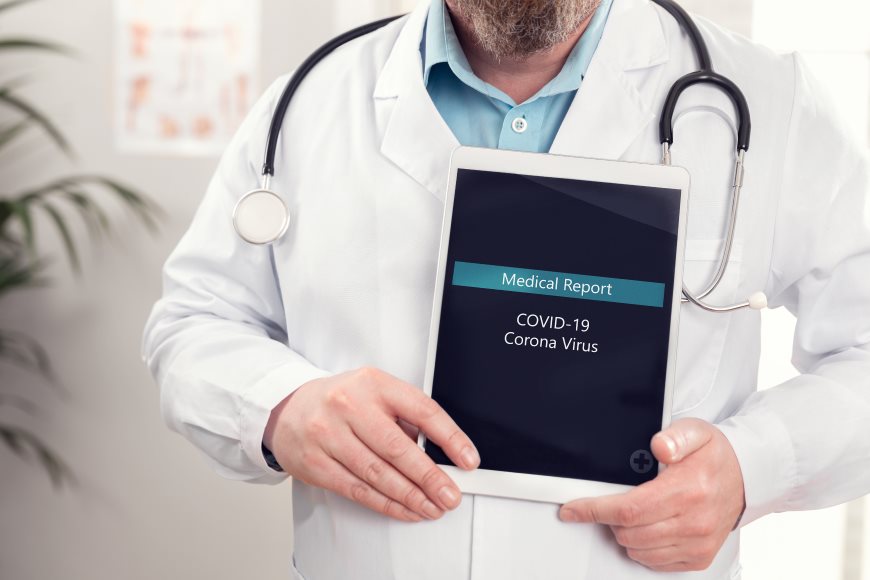VA has implemented an aggressive public health response to protect and care for Veterans, their families, health care providers, and staff in the face of this emerging health risk. We are working directly with the CDC and other federal partners to monitor the outbreak of the virus.
On March 27, VA shared its COVID-19 response plan. This best-practice guide is a valuable tool, which may be useful nationwide for the medical community.
VA has administered over 16,833 COVID-19 tests nationwide, while taking aggressive steps to prevent COVID-19 transmission.
These measures include outreach to Veterans and staff, clinical screening at VA health care facilities, and protective procedures for patients admitted to community living centers and spinal cord injury units.
What should Veterans do?
Veterans with symptoms such as fever, cough, or shortness of breath should immediately contact their local VA facility. VA urges Veterans to contact VA before visiting – you can find contact information for your closest VA facility. Alternatively, Veterans can sign into My HealtheVet to send secure messages to their VA providers or use telehealth options to explain their condition and receive a prompt diagnosis.
How to protect yourself
Currently, there is no vaccine to prevent the COVID-19 infection and no medication to treat it. CDC believes symptoms appear 2 to 14 days after exposure. Avoid exposure and avoid exposing others to an infection with these simple steps.
- Learn to use VA Video Connect through the VA mobile app store or by contacting your VA care team, before any urgent problems arise.
- Wash your hands often with soap and water for at least 20 seconds. An easy way to mark the time is to hum the “Happy Birthday” song from beginning to end twice while scrubbing.
- Use an alcohol-based hand sanitizer that contains at least 60% alcohol.
- Avoid touching your eyes, nose and mouth with unwashed hands.
- Avoid close contact with people who are sick.
- Stay home when you are sick or becoming sick.
- Cover your cough or sneeze with a tissue (not your hands) and throw the tissue in the trash.
- Clean and disinfect frequently touched objects and surfaces.
- Getting a flu shot is recommended.
